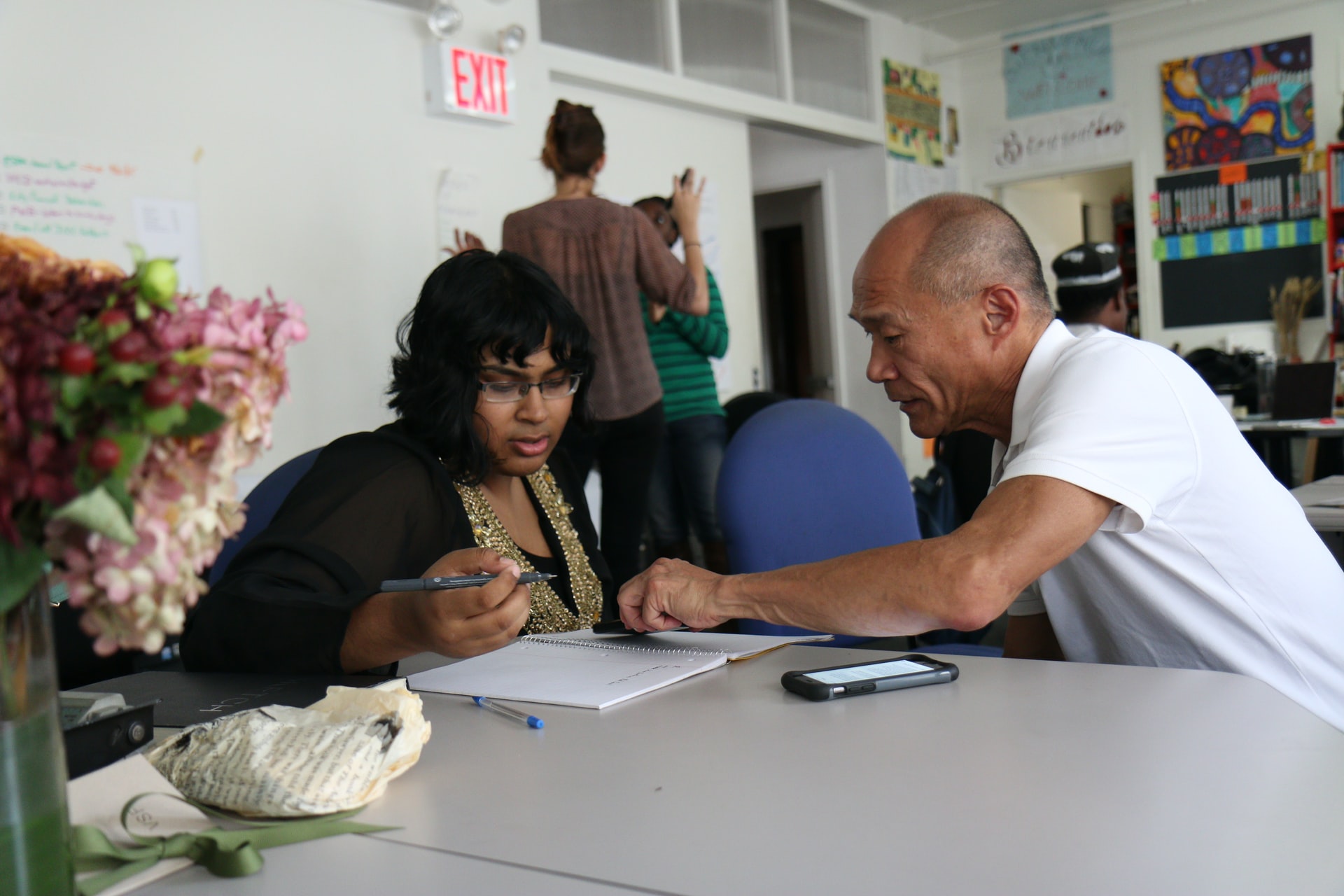I vividly recall my undergraduate days, eagerly anticipating the guidance and support of a college counselor who would help pave my path to higher education.
I was matched with a counselor who came highly recommended — a warm and friendly person who assured me of her dedication to my success. Little did I know the journey ahead would be fraught with unexpected detours and frustrating roadblocks caused by misguided advice.
Counseling Missteps
Trusting in my counselor’s expertise, I enrolled in courses recommended to me, believing they would propel me toward my academic goals. However, my optimism was short-lived.
Three semesters before graduation, I discovered to my dismay that several of the classes I had taken were irrelevant and did not contribute towards my degree requirements. It was a sobering realization that propelled me into the role of my own counselor and I began meticulously reviewing course catalogs and degree plans to ensure I could still graduate on time.
The anxiety persisted even after submitting my graduation application. “What if there was a class I missed? How would I explain any further delays to my immigrant family, who had pinned their hopes on my timely completion of college?”
This fear was not unfounded, given that I had witnessed firsthand the plight of fellow students who had fallen victim to similar counseling missteps.

Systematic Failure
I personally witnessed numerous students discontinuing their education altogether due to the frustration and setbacks caused by misguided counseling. It was disheartening to see bright minds and ambitious spirits succumb to the challenges of navigating a system that should have supported them.
Reflecting on these experiences, I began to question the systemic issues underlying the college counseling landscape. Why are counselors often overwhelmed with outrageous caseloads, leaving them unable to provide personalized attention to each student? Why does higher education not prioritize the critical role of counselors in ensuring student success?
These questions led me to delve deeper into the broader issues plaguing our educational institutions. It became clear that the problem extended beyond individual counselors’ capacities — it was a systemic failure rooted in the undervaluation of higher education support services.
Profound Consequences
According to a survey conducted by Niner Times, a notable 32.1 percent of students expressed dissatisfaction with their academic advisors, highlighting widespread discontent with the current counseling framework.
Additionally, a staggering 92.5 percent of students reported creating their own schedules instead of relying on counselor guidance, underscoring a lack of trust in the counseling system.
The consequences of this systemic oversight are profound. Students from disadvantaged backgrounds, already facing numerous obstacles, bear the brunt of misguided counseling decisions. They lack the luxury of time and resources to recover from academic setbacks, often leading to disillusionment and disengagement from higher education.

Reforming Counseling Departments
To address these challenges, colleges and universities must prioritize meaningful reforms in their counseling departments. This begins with reevaluating counselor caseloads to ensure that advisors can dedicate adequate time and attention to each student. Smaller caseloads would allow for personalized guidance tailored to individual academic aspirations and challenges.
Furthermore, investing in ongoing professional development for counselors is essential. Training programs should focus on equipping advisors with up-to-date knowledge of degree requirements, academic policies, and emerging career trends. Interdepartmental collaboration can facilitate a seamless flow of information, ensuring that advisors remain well-informed and effective in their roles.
Technology also plays a pivotal role in empowering students and alleviating the burden on counseling services. Robust online platforms offering real-time degree audits, virtual advising sessions, and interactive course planning tools can empower students to take control of their academic journeys.
In conclusion, the challenges posed by misguided college counseling are multifaceted and deeply entrenched within our educational institutions. The student experience is a testament to the urgent need for comprehensive reforms that prioritize the well-being and success of all learners.
By addressing systemic issues and investing in meaningful changes, we can pave the way for a more equitable and empowering higher education landscape.
Clementina Jose is a social work supervisor in a nonprofit organization, overseeing various K-12 schools.
Aside from her current role, she has worked as a college and career counselor and held other hats in the past.
DISCLAIMER: The views and opinions expressed here are those of the author and do not necessarily reflect the editorial position of The College Post.



